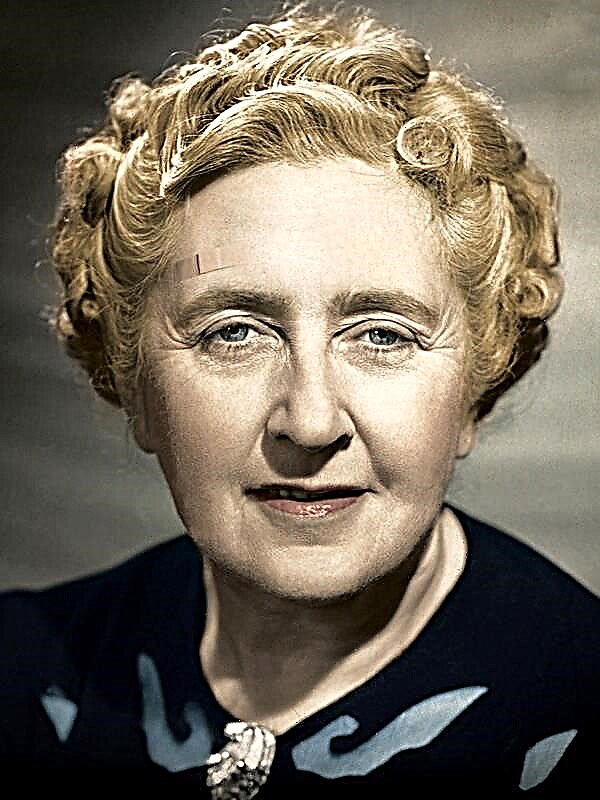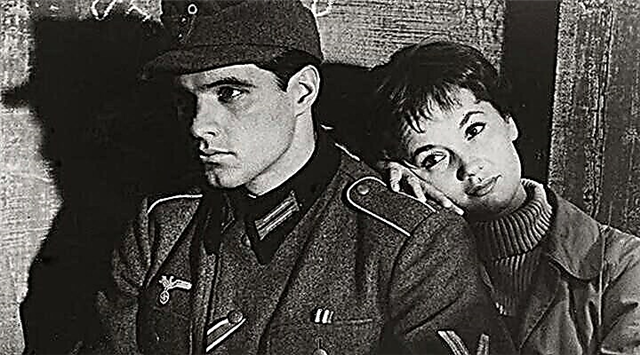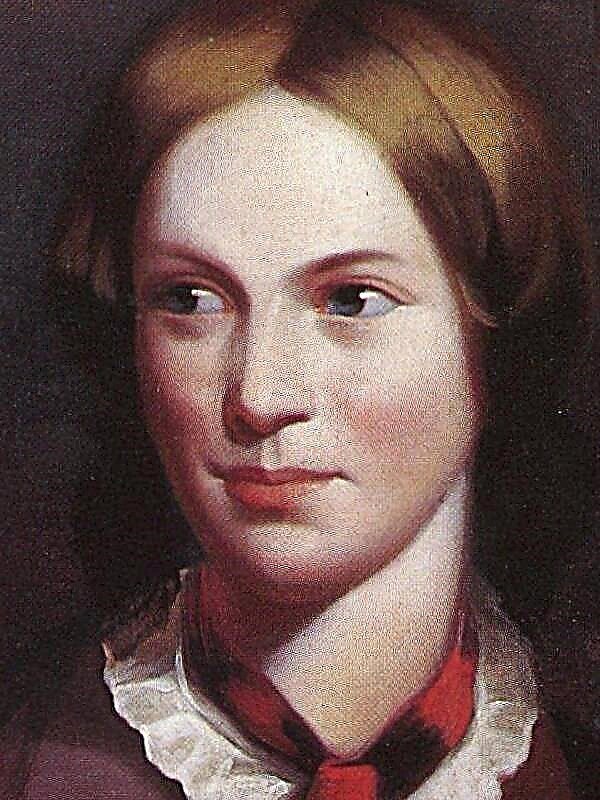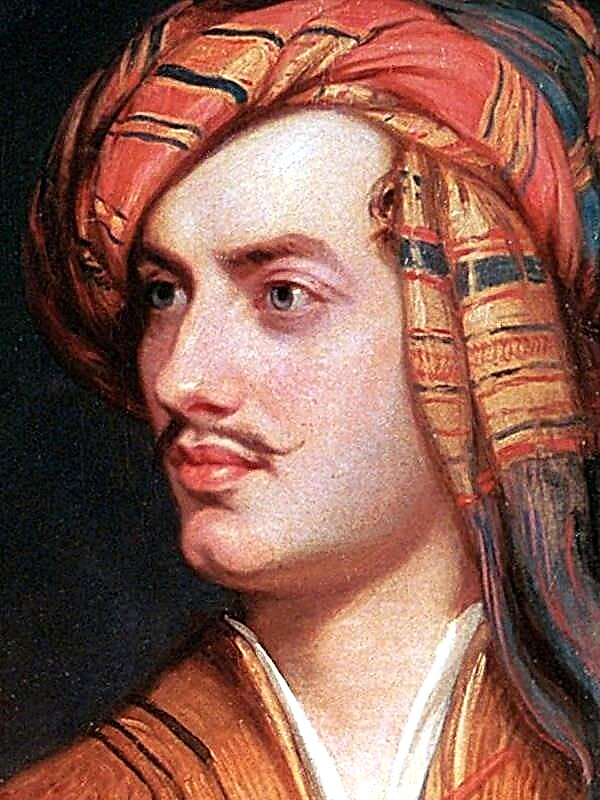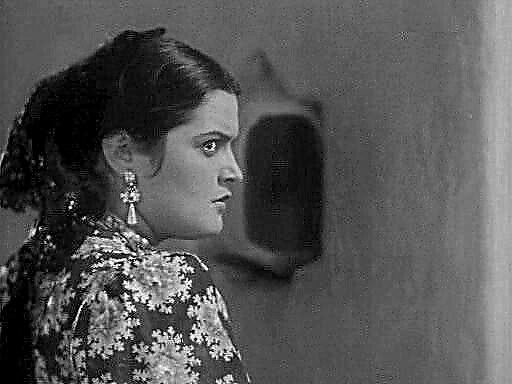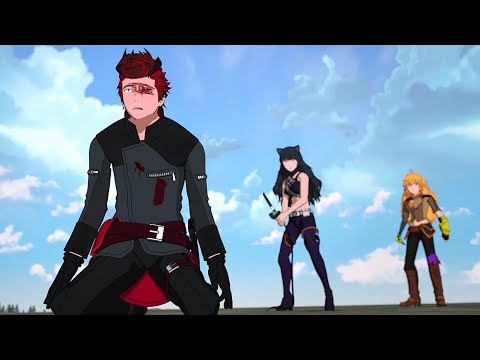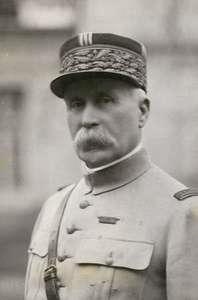Sergei Lvovich Pushkin had a son, whom he named in memory of his grandfather Alexander. After the christening, a modest “kurtag” was arranged in the Pushkin’s house on German Street in Moscow: in addition to relatives, the Frenchman Montfort and Nikolai Mikhailovich Karamzin were invited. A pleasant conversation with exquisite poetic games is interrupted by the sudden appearance of Pyotr Abramovich Annibal - the uncle of Nadezhda Osipovna Pushkina, the son of the famous “Arap Peter the Great” Ibrahim. The old Arap is shocking all the guests, rude to Sergey Lvovich, but he is happy with the baby: “a lion cub, arapon!”
In early childhood, Alexander is awkward, silent, scattered. But, like her parents, she loves guests, listens with interest to conversations in French. In his father’s office, he immerses himself in reading French books, especially poetry and compositions of love content. Spends a lot of time in the girl's house, before going to bed listening to the girls Tatyana's singing. Alexander’s new habits evoke the wrath of his mother, taking out her dissatisfaction with her dissolute and frivolous spouse on her son.
Alexander begins to compose poems in French, but burns them after his experiments in the presence of his parents mercilessly ridiculed the teacher Ruselo. At the age of twelve, Alexander seems a stranger to his own family; he mercilessly judges his parents with a cold, adolescent court. Sergei Lvovich, meanwhile, is thinking about further education of his son and decides to give him either to the Jesuits, or to the lyceum newly created in Tsarskoye Selo.
Alexandra is brought to Petersburg by his uncle Vasily Lvovich, a poet, author of the frivolous poem Dangerous Neighbor. He represents a nephew to the poet and minister Ivan Ivanovich Dmitriev with the goal of securing the support of an influential person. Alexander Ivanovich Turgenev decisively speaks out in favor of the lyceum, from which young Pushkin for the first time hears new poetry by Batyushkov. The exam turns out to be a pure formality, and soon Alexander Pushkin was accepted for No. 14 into the Imperial Lyceum.
Previously, he grew up alone, and it is difficult for him to get used to his comrades. Gorchakov and Valkhovsky claim for the championship among lyceum students. The "Desperate" Broglio and Danzas compete in punishment, committing one insolence after another. Sometimes Pushkin also gets to the black table. He is angular, wild, and with no one but Pushchin is yet friendly. He does not have a principality, he does not surpass others by force, but speaks French like a Frenchman and knows how to read Voltaire’s verses by heart. Even Gorchakov admits that he has a taste. At lessons, Pushkin nibbles feathers and writes something down. However, in the Lyceum, others are also involved in writing: Illichevsky, Delvig, and Küchelbeker.
Alexander arouses the hostility of Inspector Martin Pilecki, who demands that Director Malinovsky exclude Pushkin from the Lyceum - for lack of faith, for "mocking verses for all professors." However, Piletsky himself has to leave the lyceum.
Russian troops go through Tsarskoye Selo, preparing for a military campaign. Among the militias is a friend of Professor Kunitsyn, a hussar Kaverin. He jokingly calls Pushkin and Pushchin with him. Napoleon’s army invades Russia, heading either to Petersburg or to Moscow. Director Malinovsky worries about the fate of his students, who meanwhile enthusiastically follow military events, discuss with Napoleon the teachers, find their favorite heroes among the Russian commanders. After a report about the Borodino victory, a lyceum is held at the Lyceum with a theatrical performance, for which the director, however, receives a reprimand from Minister Razumovsky. On the anniversary of the founding of the Lyceum, on the nineteenth of October, Napoleon with his army leaves Moscow. The teacher of history Kaydanov informs the lyceum students at the lecture, and Kunitsyn is convinced that now slavery in Russia will be abolished. Director Malinovsky dies, proud of the fact that in the Lyceum "there is no spirit of servility." Alexander gets sick and gets into the infirmary. He is visited by Gorchakov, to whom he trusts his two risky poems. Gorchakov burns the “Shadow of Barkov” in horror in order to save his comrade from harm, while the “Monk” hides it. Alexander talks a lot about poetry with Kyuhlya, devotes a poetic message to him. Galich, who replaces Koshansky, a professor of literature, advises Pushkin to “test himself in an important way” - to sing tsarskoye Selo places and related memories of history in verses.
Delvig and Pushkin decide to send their poems to the journal “Herald of Europe”. The first to publish Delvig, and Pushkin, waiting for an answer, finds entertainment in the performances of the serf theater of Count Tolstoy, singing poetry to actress Natalia. Finally, the message “To a Poet Friend” appears in the Herald of Europe, signed with a pseudonym. Sergey Lvovich is proud of his son, Vasily Lvovich considers this event to be a brilliant beginning. At the grand exam at the Lyceum, Alexander reads “Memoirs in Tsarskoye Selo”, and the decrepit Derzhavin rushes out with unexpected ease to hug the author. But Alexander is hiding.
Karamzin visits the lyceum, and with it Vasily Lvovich Pushkin and Vyazemsky informing Alexander that he has been admitted to the Arzamas society, where he is named Cricket. Comes to visit Pushkin and Batyushkov. Alexander recklessly joins the literary war of the Arzamas with the Conversation of the Lovers of the Russian Word, composes an epigram on Shishkov, Shikhmatov and Shakhovsky.
The new director of the lyceum, Yegor Antonovich Engelhardt, who removes “all traces of the old master,” is wary of Pushkin and seeks to “bring him into borders.” The director is also annoyed by the excessive attention paid to his relative, the young widow of Mary Smith, this young and impudent poet. However, Mary, praised under the names of Lila and Lida, did not for long possess the feelings of Alexander: he forgot about her the moment they parted. Karamzin and his wife Katerina Andreevna move to Tsarskoye Selo, and now Alexander must be sure every morning that he will see her in the evening. She alone understands him, although he is seventeen years old, and she is thirty-six.
Alexander writes Katerina Andreevna a love note. Upon learning of this, Karamzin paternally chastises the poet in love, and Katerina Andreyevna laughs, bringing Alexander to tears and to complete despair. Soon Karamzin became aware of the caustic and apt epigrams composed on his “History” by Pushkin. In the debate about slavery and autocracy, the young poet took the side not of Karamzin, but of Kaverin and Chaadayev.
Pushkin and his comrades graduate from the Lyceum three months earlier than expected: the Tsar has long been gravitated by the proximity of this educational institution to the palace. Lyceum students persuade to come together every year on October nineteenth. In St. Petersburg, Alexander is passionate about the theater, is there every evening. Young "traitors" also occupy him. Meanwhile seditious verses bring him to trouble. Once the quarterly comes for him and delivers him to the main police department. There, Pushkin is shown a whole cabinet filled with his epigrams and denunciations of him.
Chaadaev and Karamzin are trying to ease the fate of Pushkin. The emperor, after hearing the request of Karamzin, decides to send Alexander not to the fortress, but to the south, to Yekaterinoslav. Karamzin in the presence of Katerina Andreevna is waiting for a promise from Pushkin to improve. “I promise ... For two years,” he answers.
Pushkin says goodbye to Petersburg. He ends a new book of poetry. The poem "Ruslan and Lyudmila" in print. Before leaving, he manages to play cards, leaving even the manuscript of his poems with Nikita Vsevolozhsky.
He recognizes the homeland in all breadth and power on the highways. The way is far. In Yekaterinoslav Pushkin meets with the family of General Raevsky, they travel to the Caucasus and the Crimea together. Looking at the Crimean coast, Alexander thinks about Katerina Andreevna, writes an elegy - as "the last thing to say."
“Above your head, even breathing. Life goes like a verse. ”

